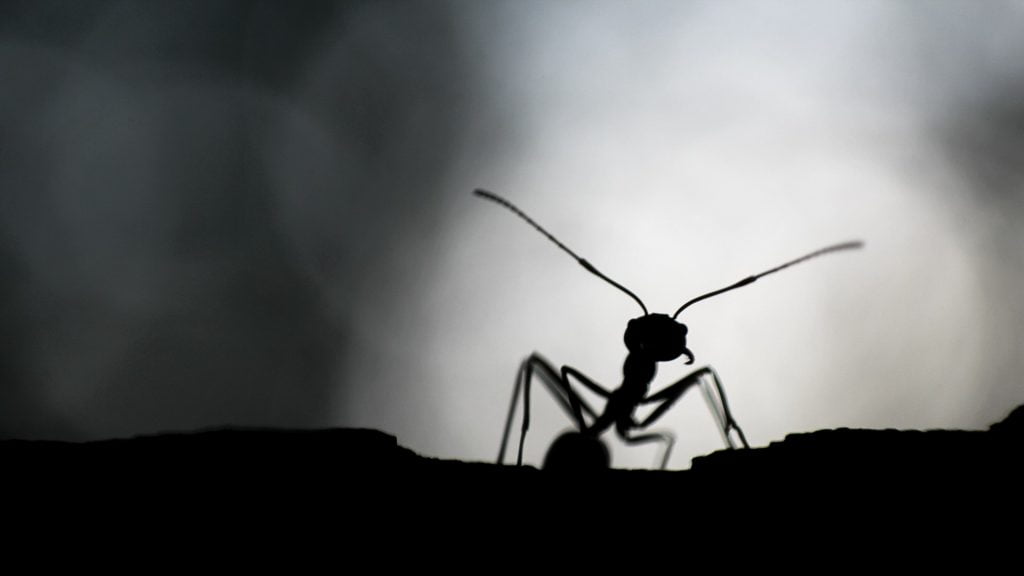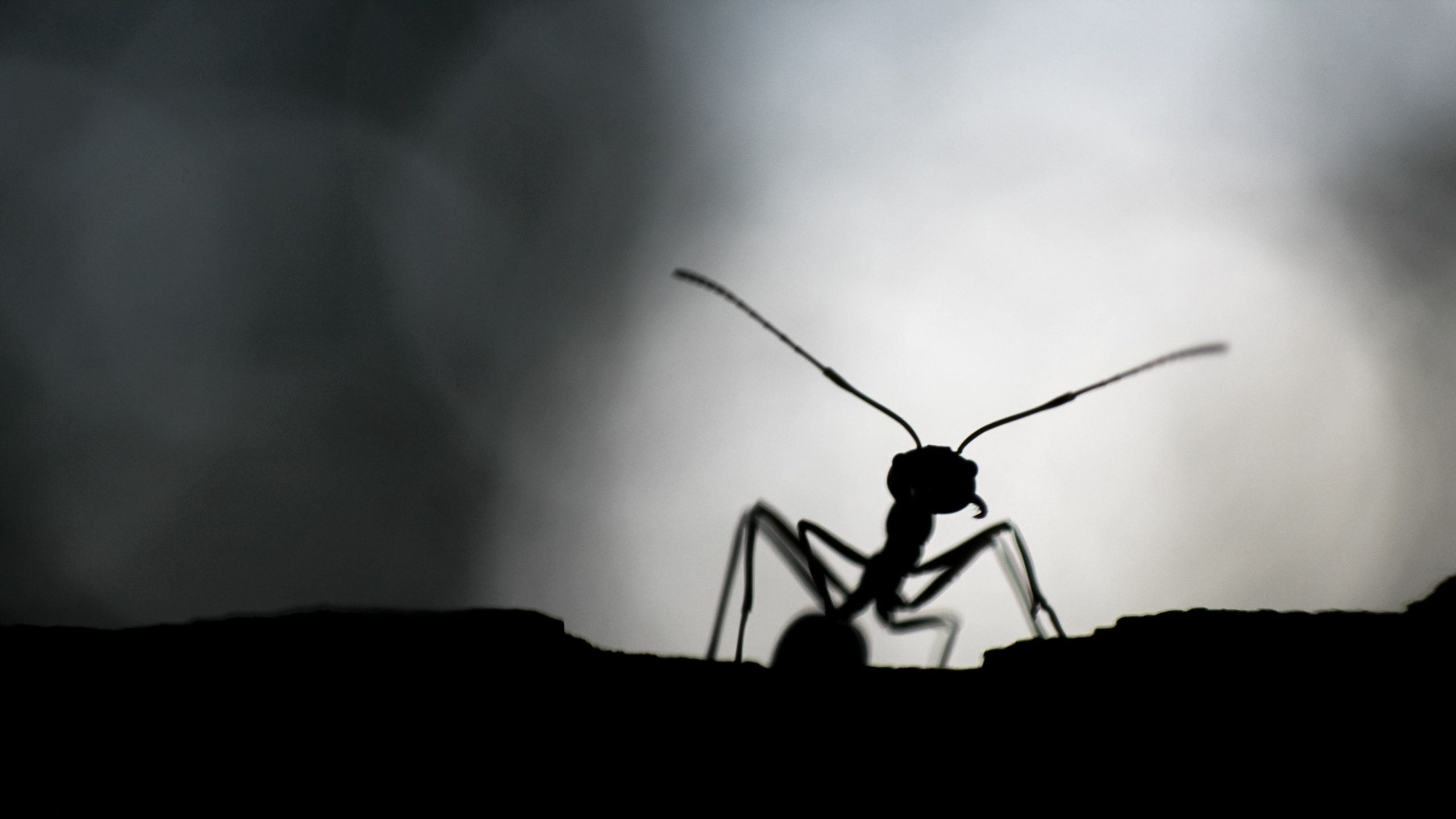This intriguing parasite infects insects and other small creatures, ultimately taking over their bodies and altering their behavior. Another name for the Cordyceps Fungus is ‘Zombie Fungus’, given that it infects smaller life forms like Insects resulting in an abrupt change in behavior by taking complete control. Insects are affected by cordyceps fungus which is commonly known as ‘the zombie fungus’. However, considering the human benefits of cordyceps fungi, we will analyze whether they can benefit us or not. Simultaneously we will discuss that despite being a multi-species affecting fungus, why does cordyceps fail in overpowering our ecosystem.

The Cordyceps Fungus: A Parasite That Alters the Behavior of Its Hosts
Belonging to the Ascomycetes group comprising more than 64,000 species of fungi is the Cordyceps fungus. This organism specifically attacks insects like ants, bees, beetles, and spiders in addition to other tiny beings. Once infected, ants leave their colony to let fragments continue growing while taking control of behaviors due to alteration from spreading fungi. A good example is when influenced ants depart from their societal groupings and then fasten onto a branch or foliage, which helps proliferate these fungi by spreading them even further.
The Battle Between Ants and Fungi in the Tropical Rainforest
Ants and fungi continue to fight each other fiercely, even after millions of years have elapsed, in the tropical rainforests. A large pool of potential victims for infectious and parasitic types of fungus is created by up to 70% of insects being ants, which led to creating some sinister forms_for_survival. The presence of ants, whose population amounts to up to 70%, triggers an opportunity for different types of fungi that are infectious or parasite-like. To defend against these invasions, ants work together to groom each other and clean off pathogens. Rainforest ants use effective tactics such as collaborative grooming practices aimed at getting rid of fungus infections, which constitute about 70% of insects found within this ecosystem. They exile the member carrying bacteria just as swiftly when someone discovers a corpse.
The Precise and Insidious Mind Control of Parasites
Precise and insidious, the mind control that the Cordyceps fungus exerts on its hosts is undeniable.
While such control may appear limited to ant populations in woodland environments, parasites possess the capacity to affect host behavior and enhance transmission rates regardless of species. It’s true: we’re basically living among zombies. While capable of significantly impacting insect populations through infections among various possible hosts, there’s little chance this fungus could impact humans or larger mammals.
The Potential Benefits of the Cordyceps Fungus for Humans
The reputation of the Cordyceps fungus as an ominous parasite overshadows its possible use to humanity. Sexual dysfunction is one example of the different types of medical issues that can be treated with Cordyceps fungi which have grown in popularity in Traditional Chinese Medicine over time.
As a way to boost the immune system and potential anti-inflammatory, researchers have more recently studied the Cordyceps fungus.
Why the Cordyceps Fungus is Unlikely to Take Over the World
The warmth combined with humidity is crucial for The Cordyceps fungi’s propagation. As a result of certain exclusive temperature and moisture necessities for its survival, the Cordyceps fungus has constraints in affecting newly introduced territories with unfamiliar organisms. In addition, its ability to spread to new hosts is compromised due to specific environmental requirements.
Scientists studying its behavior as well as people interested in improving their health have both been fascinated by the Cordyceps fungus. This makes it quite exceptional! For both scientists researching its behavior and those seeking to enhance their health, the Cordyceps fungus is worth investigating. Remember that despite its seemingly sinister nature, the zombie fungus is quite complex and fascinating.
Insider Release
Contact:
DISCLAIMER
INSIDER RELEASE is an informative blog. This blog discusses various topics. It is emphasized that the ideas and concepts, although based on research from official sources, result from free evaluations by the writers. The BLOG, in full compliance with the principles of information and freedom, is not classified as a press site.

The Cordyceps fungus is like something straight out of a sci-fi movie! It’s amazing how this parasite can control the behavior of its host, essentially turning it into a ‘zombie.’ This article does a great job explaining how Cordyceps infects insects and manipulates them to spread its spores. It’s both fascinating and eerie to see how nature can take such a bizarre and complex turn. Thanks for sharing this incredible story about one of the most unique organisms in the natural world!
The Cordyceps fungus is one of nature’s most astonishing ‘zombie’ parasites. This article gives a detailed look at how this fungus invades and controls the bodies of its hosts, mainly insects, turning them into agents of its own reproduction. The way it manipulates behavior is both eerie and fascinating. It’s amazing to learn how something so small can have such a complex and dramatic effect. Thanks for providing an insightful explanation of this incredible phenomenon!
The Cordyceps fungus is truly one of nature’s most bizarre parasites. This article explores how this fungus can turn its insect hosts into ‘zombies,’ manipulating their behavior to spread its spores. It’s both creepy and fascinating to see how this organism controls its host’s mind and body. The level of biological complexity involved is astounding. Thanks for providing such a detailed look at this incredible parasite and its unique life cycle!
Absolutely fascinating read on the Cordyceps fungus! It’s incredible how nature has evolved such intricate and, frankly, eerie strategies for survival. The way Cordyceps manipulates its insect hosts to ensure its own reproduction is straight out of a sci-fi movie. This article not only explores the biological mechanics of this “zombie” parasite but also sheds light on the potential pharmaceutical uses derived from its unique properties. For anyone intrigued by the weirder side of nature or the potential for natural compounds in science, this article is a must-share. It’s a perfect example of how understanding nature’s oddities can lead to groundbreaking discoveries.
This article provides an enthralling look at the Cordyceps fungus, a remarkable example of nature’s complexity and sometimes unsettling creativity. The detailed explanation of how it takes over its insect hosts to reproduce is both horrifying and fascinating. It’s like watching a natural horror movie unfold at the microscopic level. Beyond the ‘zombie’ behavior, it’s intriguing to learn about the ongoing research into Cordyceps’ potential benefits, from pharmaceuticals to wellness products. This blend of natural wonder and scientific potential makes the study of such organisms incredibly important. Highly recommend sharing this article to spark more interest and awareness in the wonders of mycology!
The Cordyceps fungus isn’t just a horror story from nature; it’s a mirror showing us the fragility of life. Could humans ever fall victim to such a parasite? The implications are terrifying and fascinating. We’re only scratching the surface of understanding these natural phenomena. What’s your take?
The Cordyceps fungus is nature’s real-life example of a “zombie” phenomenon, taking over the bodies of insects to spread its spores. This fascinating and somewhat eerie process highlights the complex and often brutal relationships within ecosystems. It’s a stark reminder of the power and intricacy of natural selection, showing how organisms evolve in the most unexpected and ingenious ways to ensure their survival.